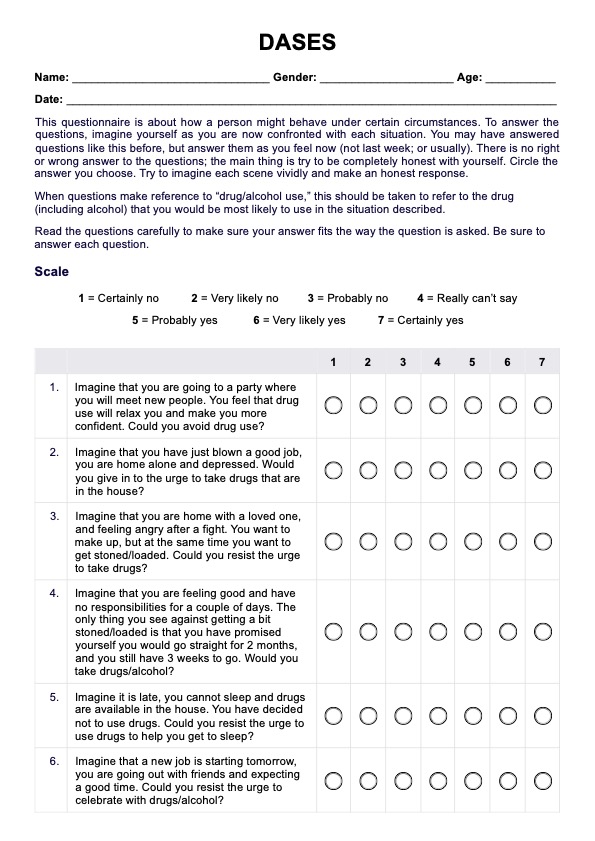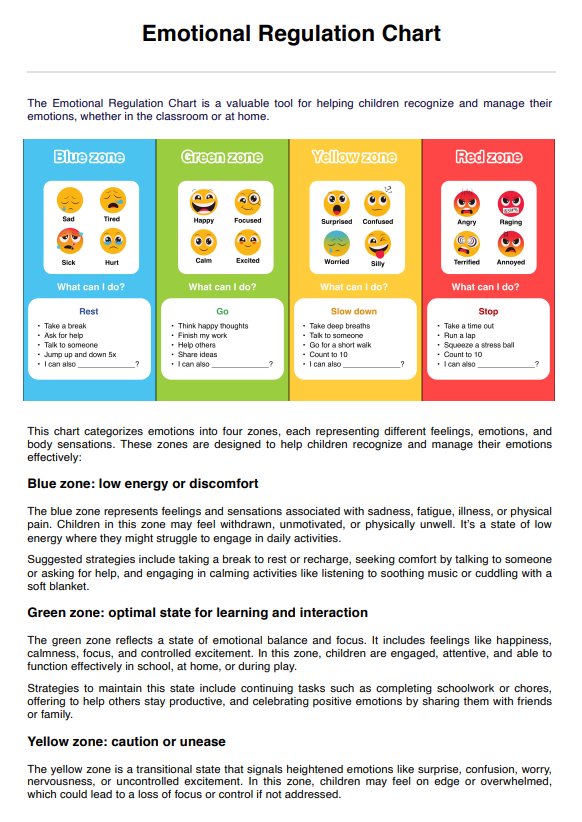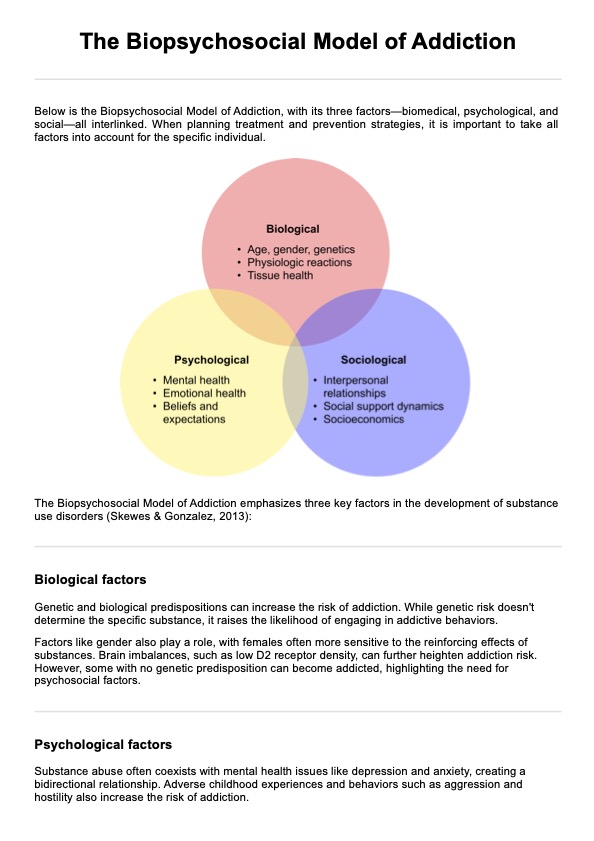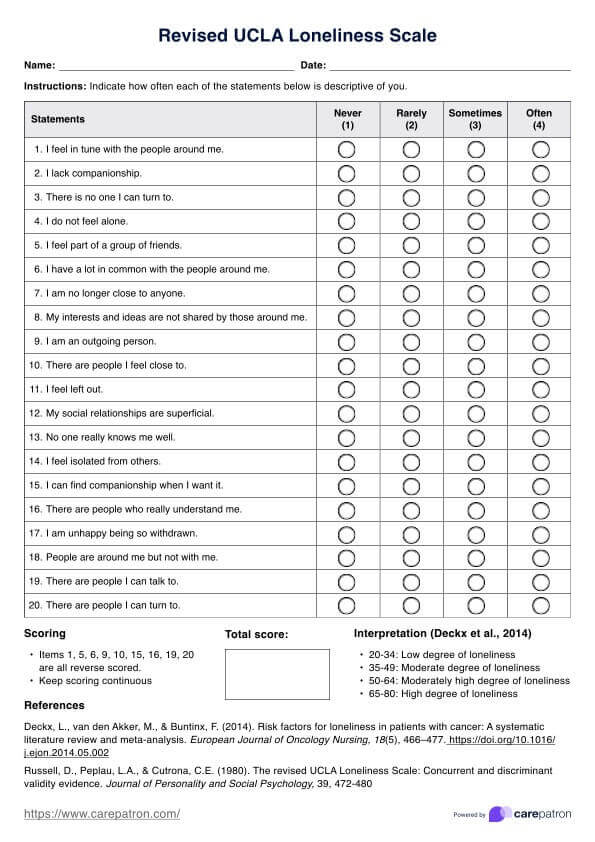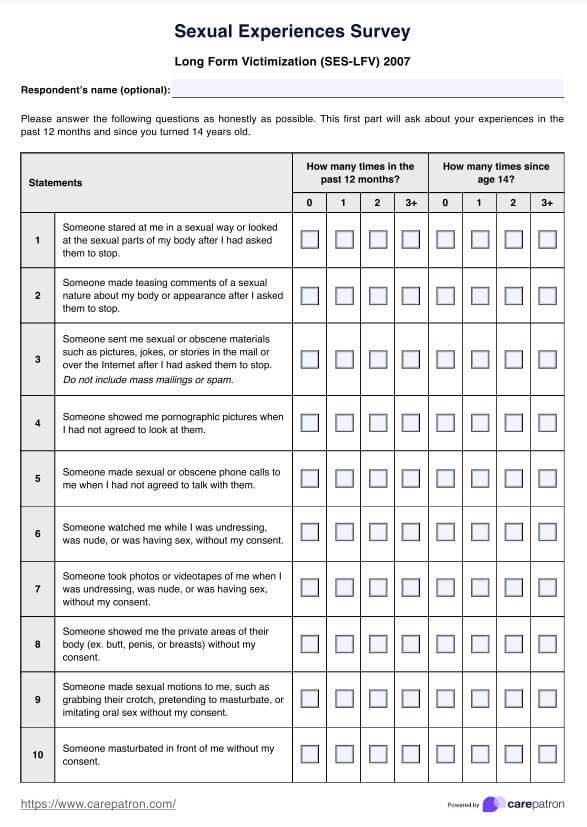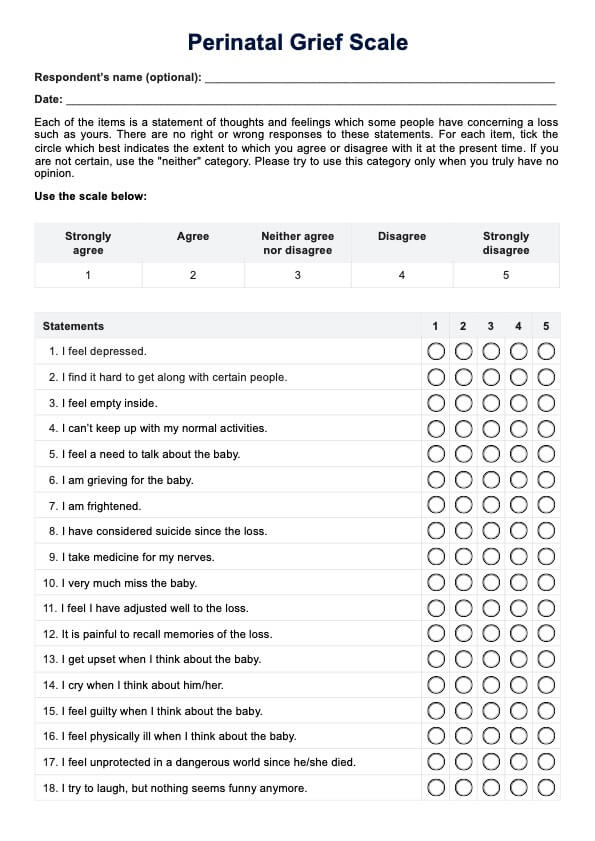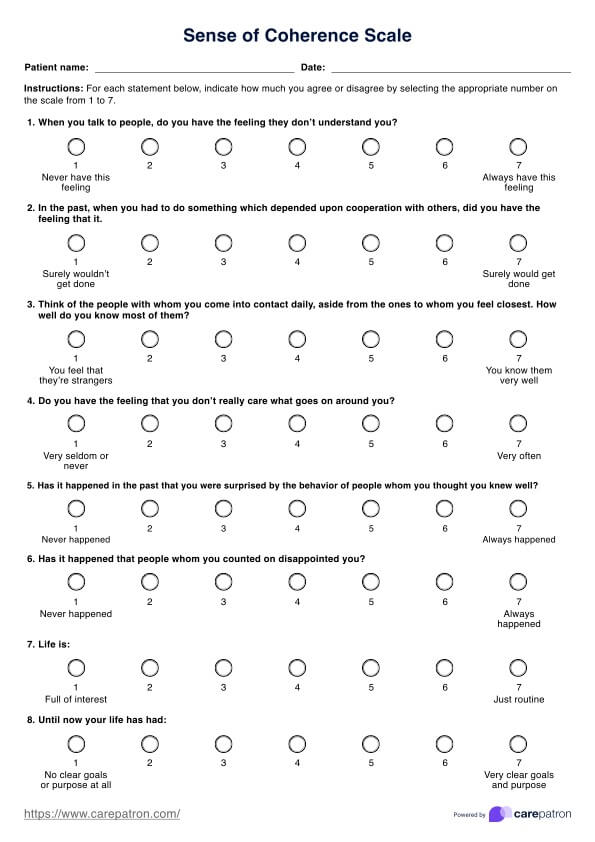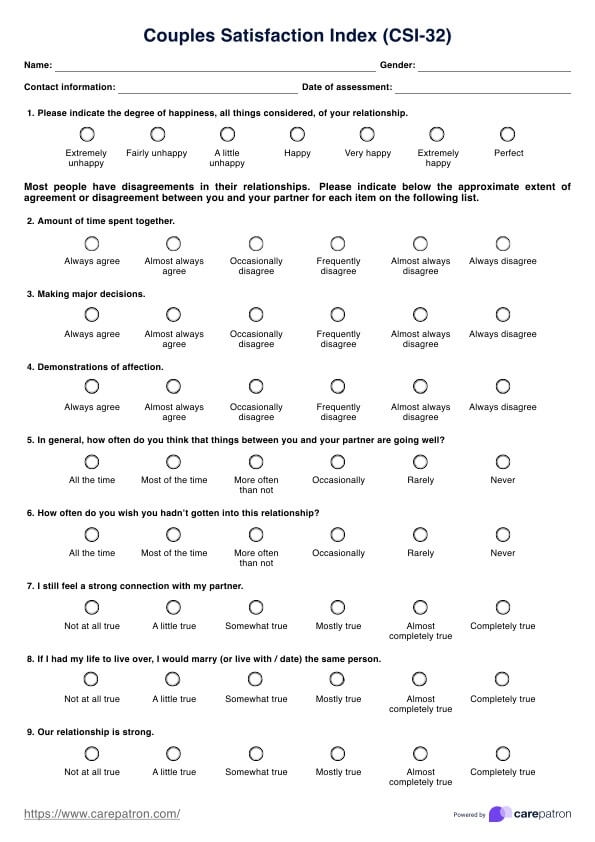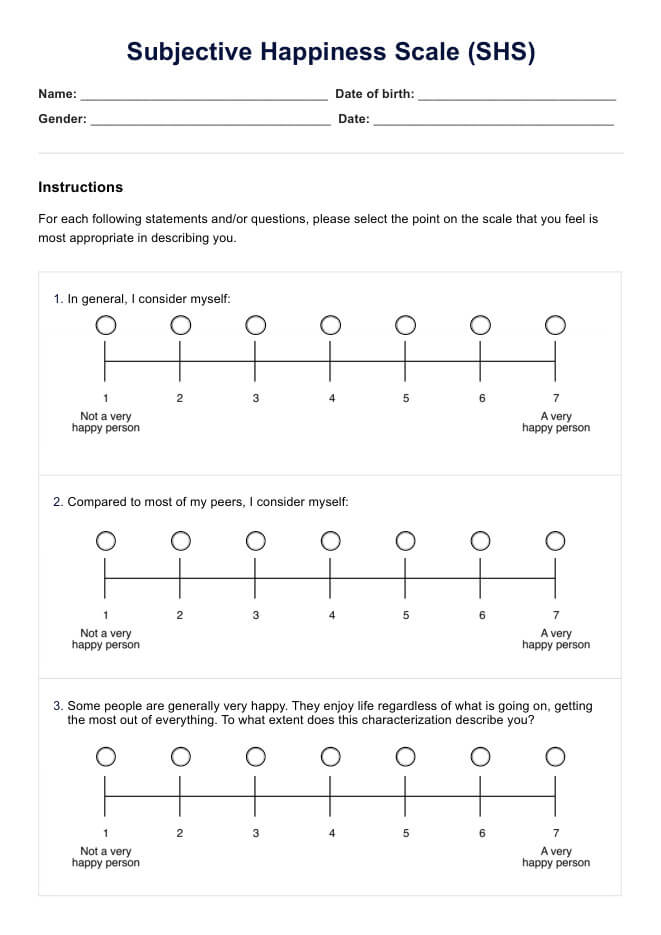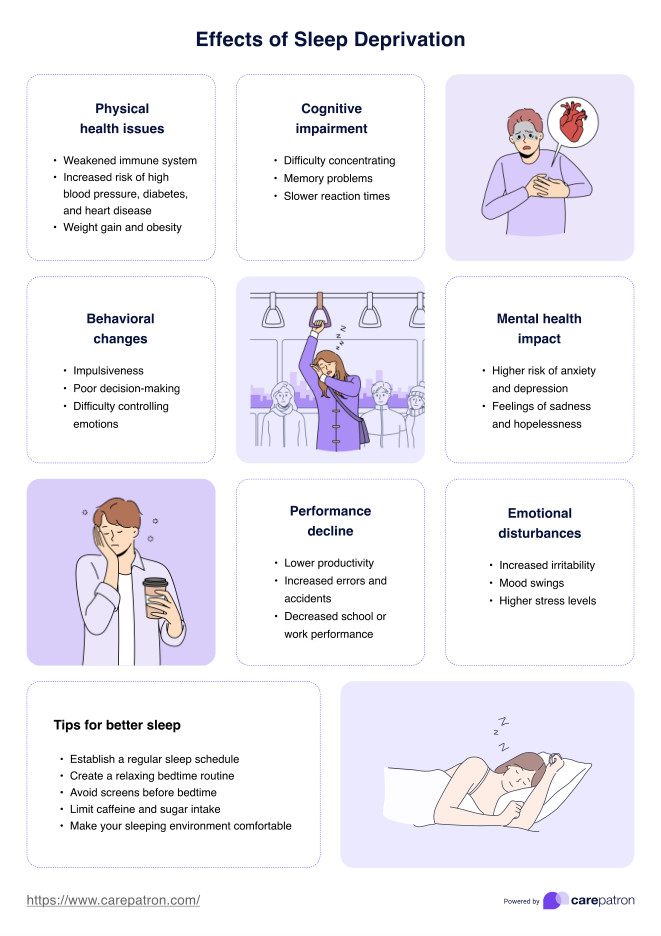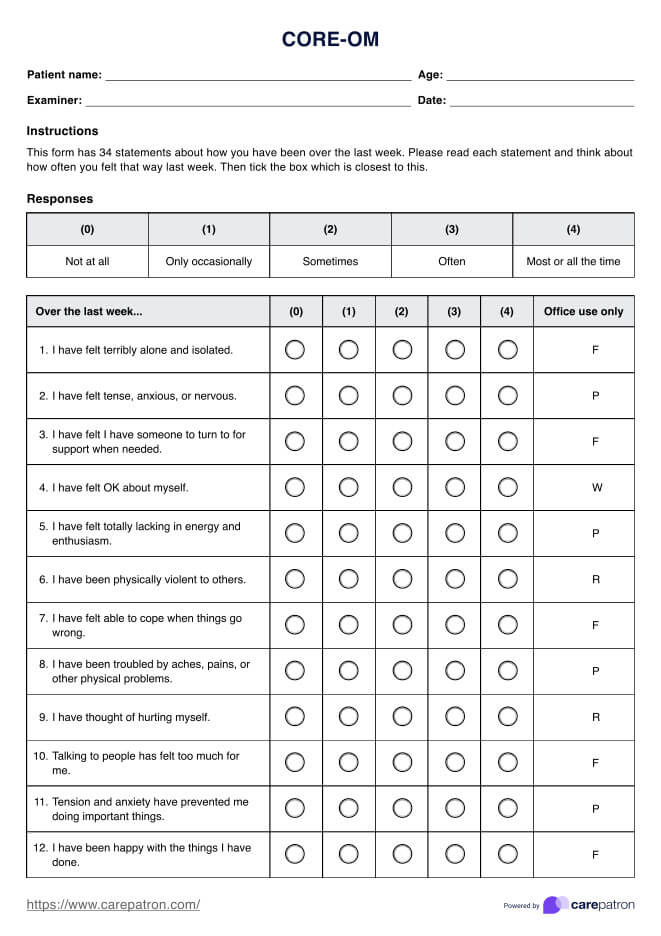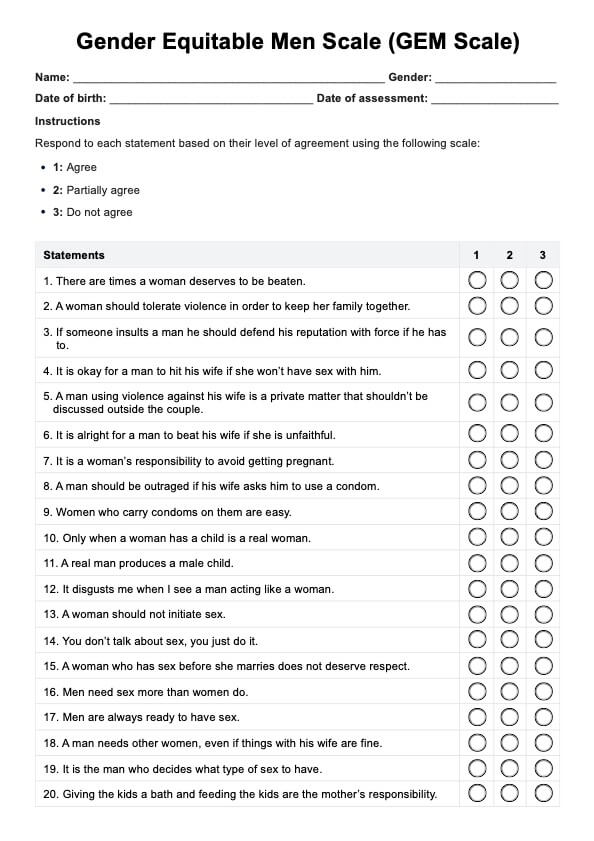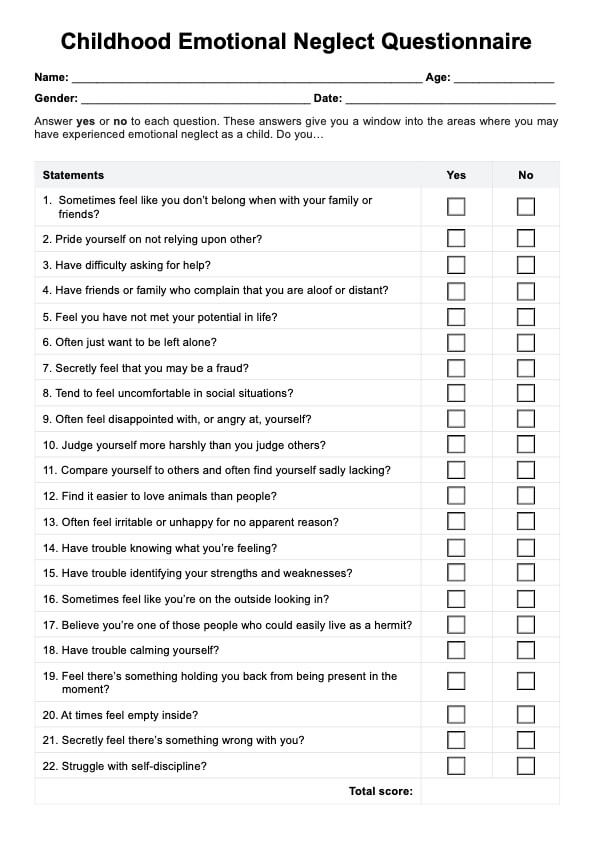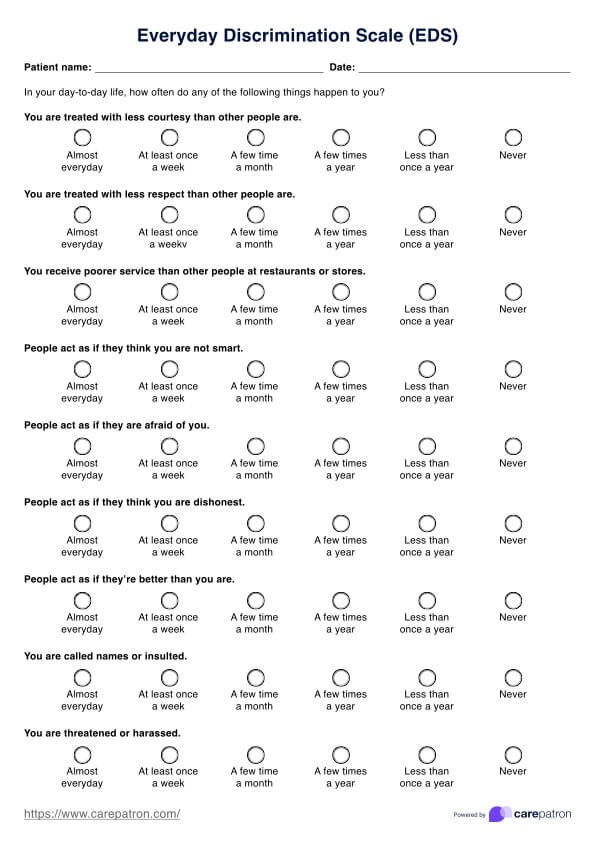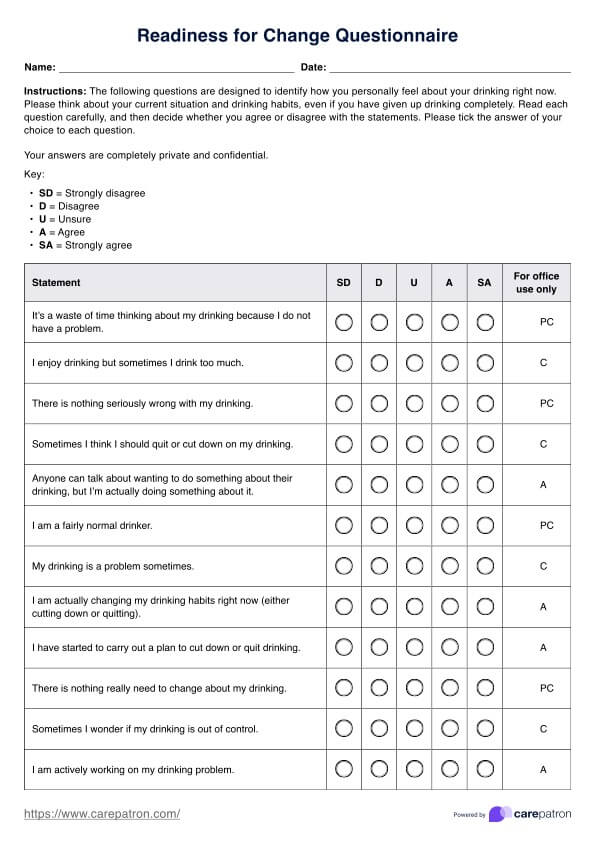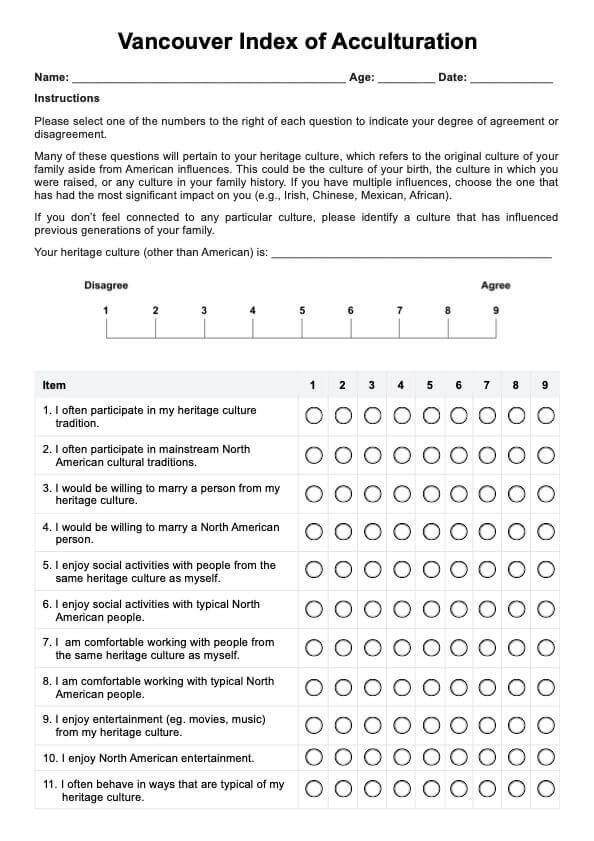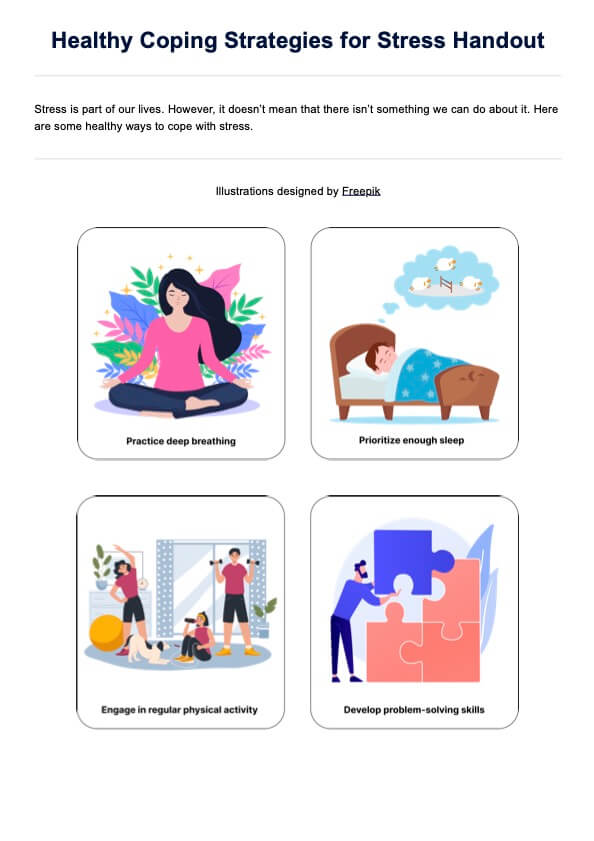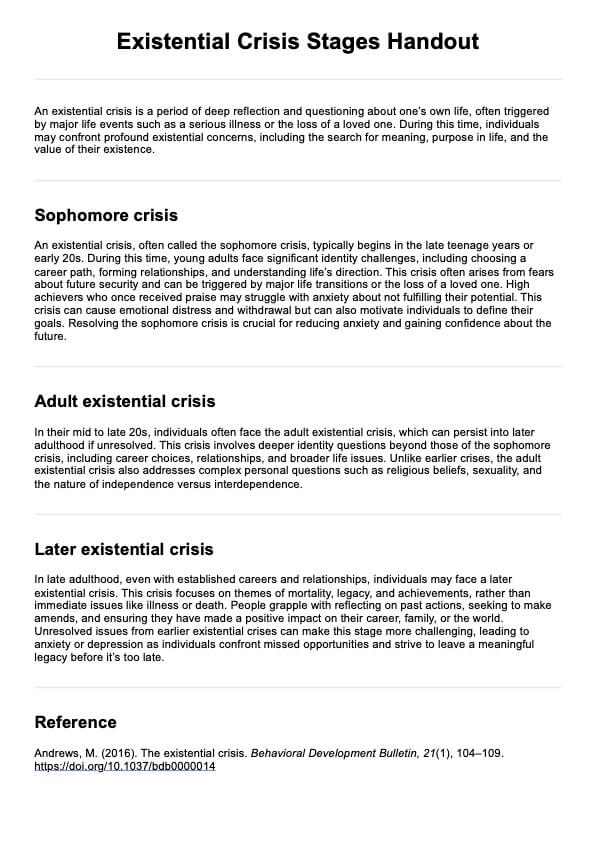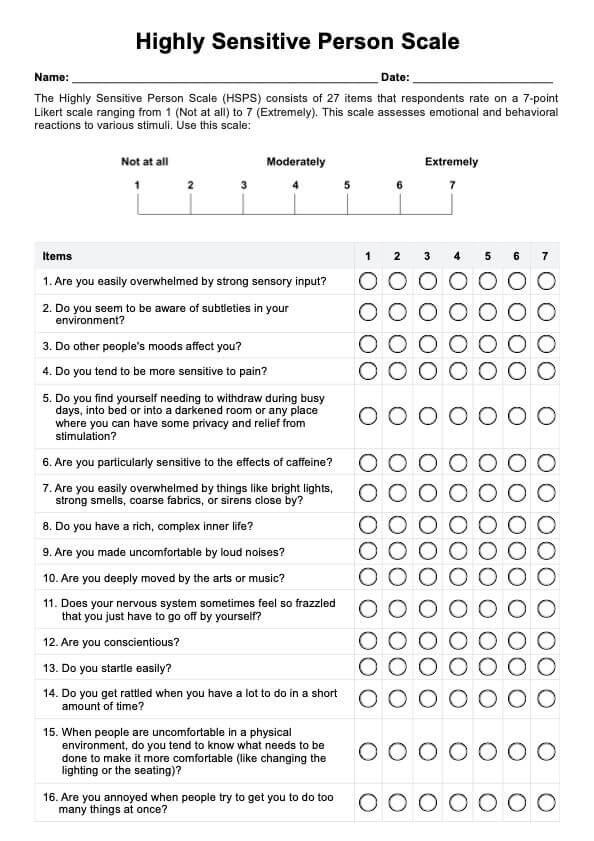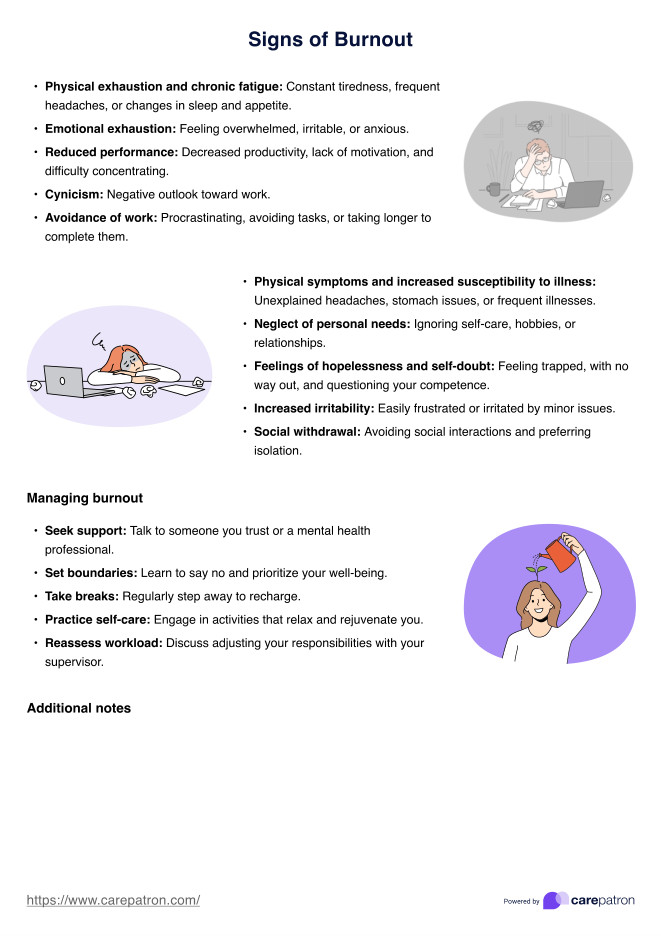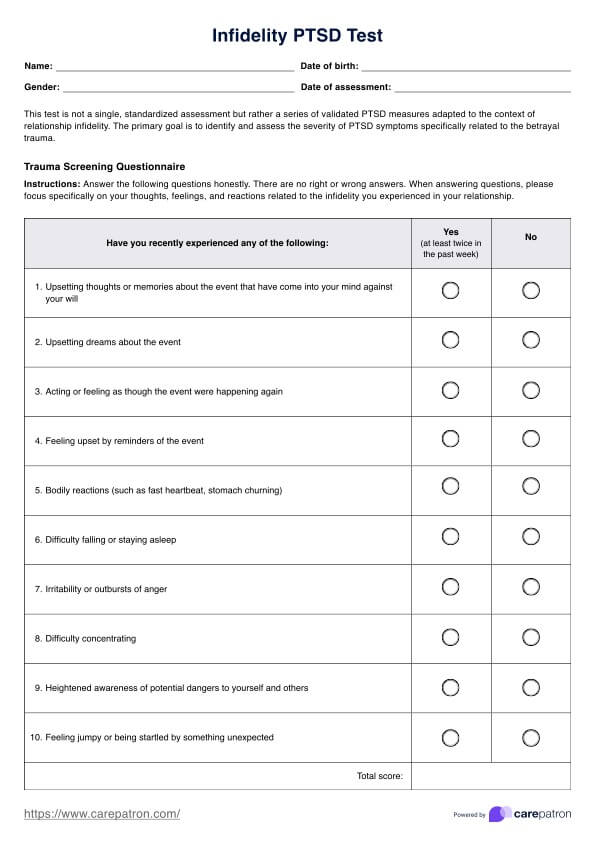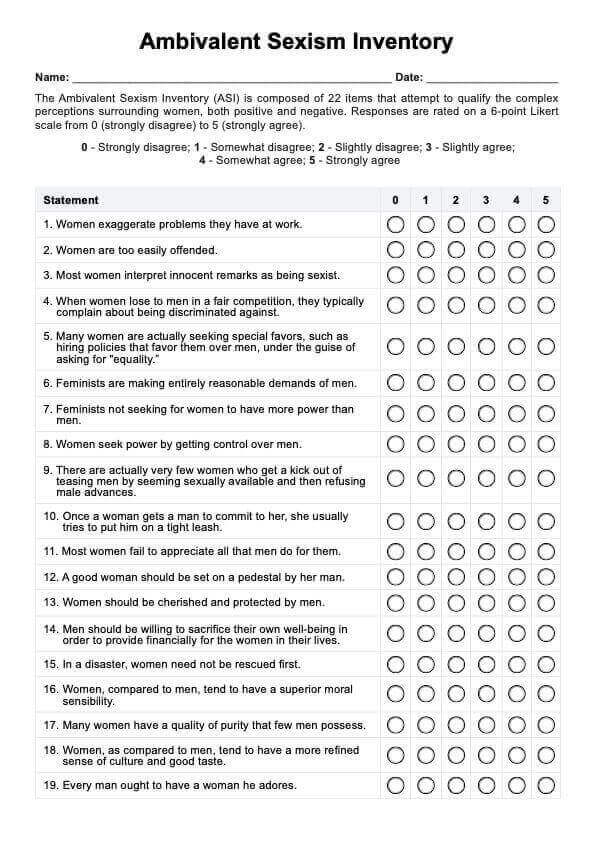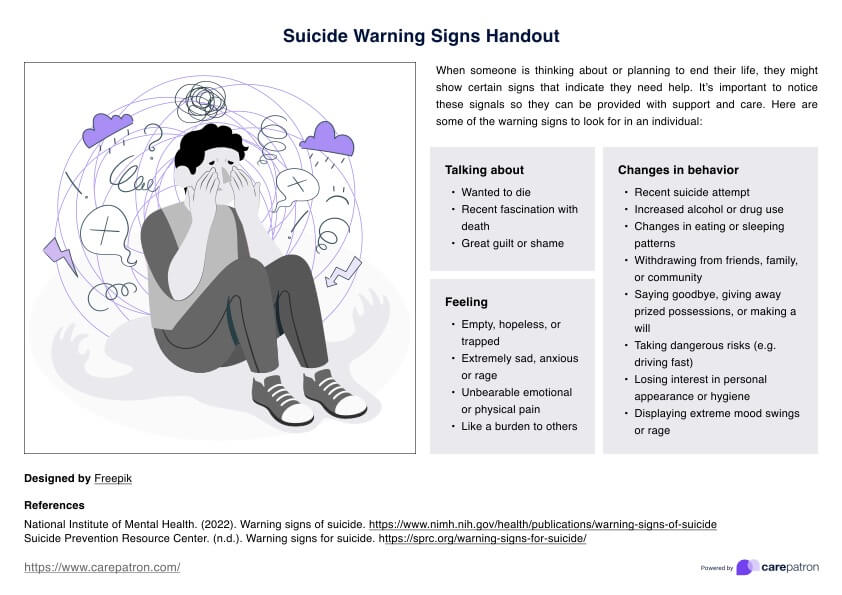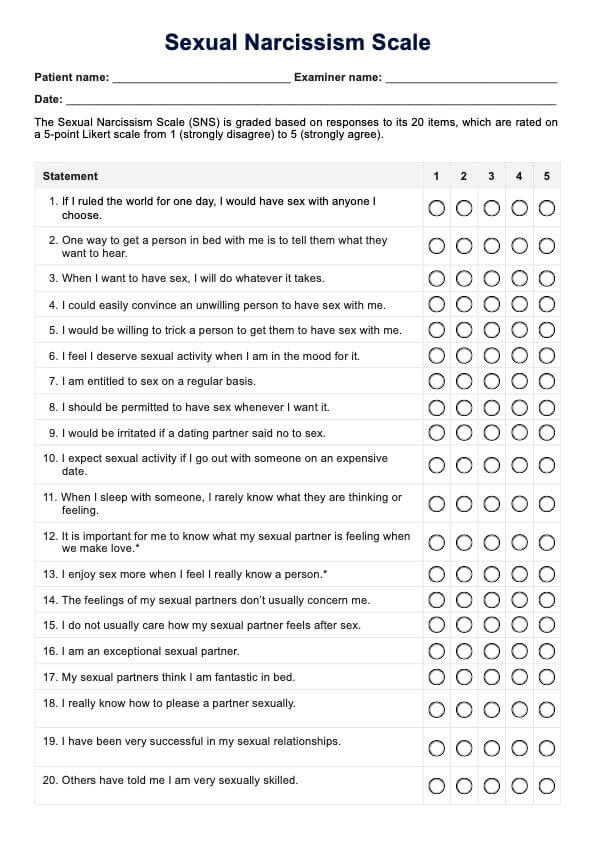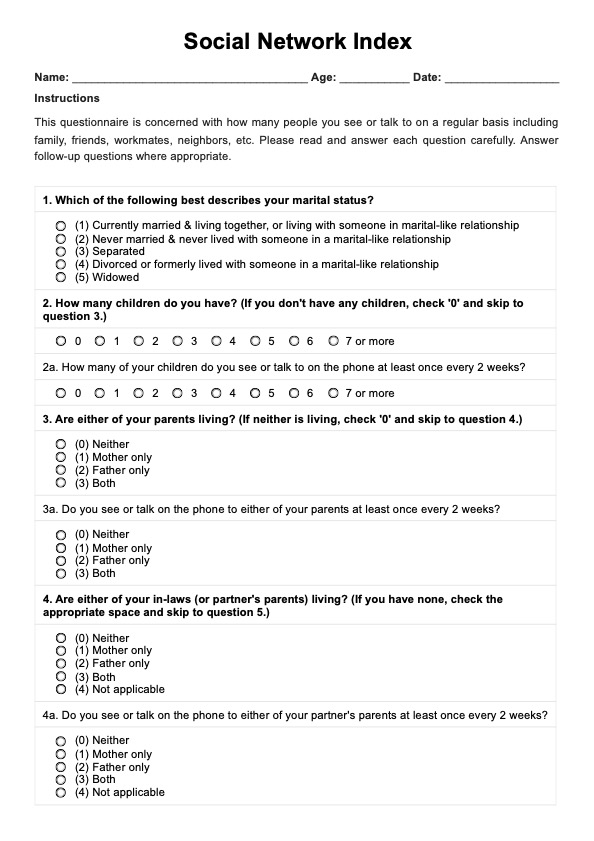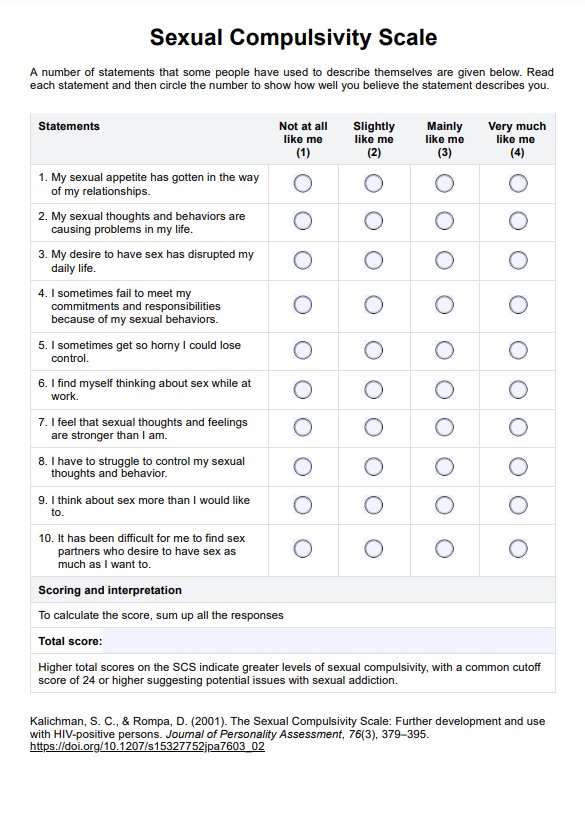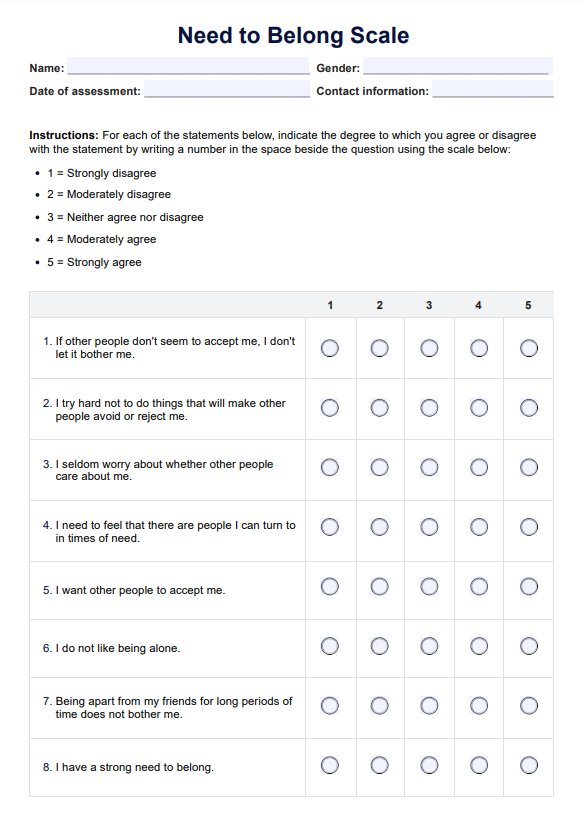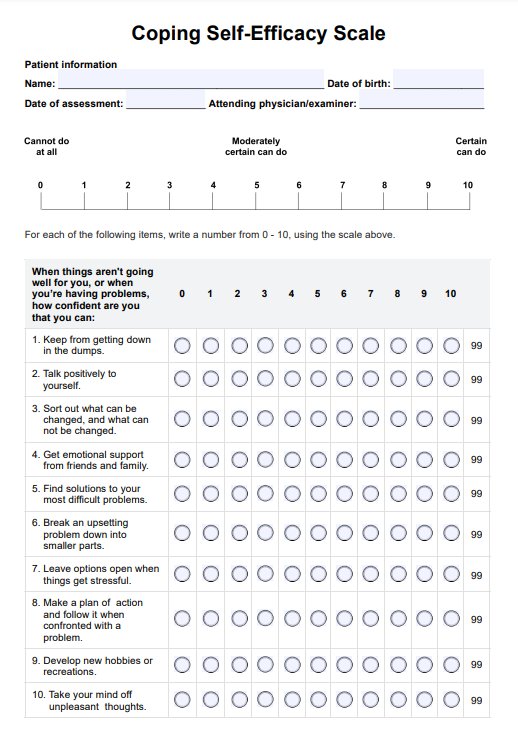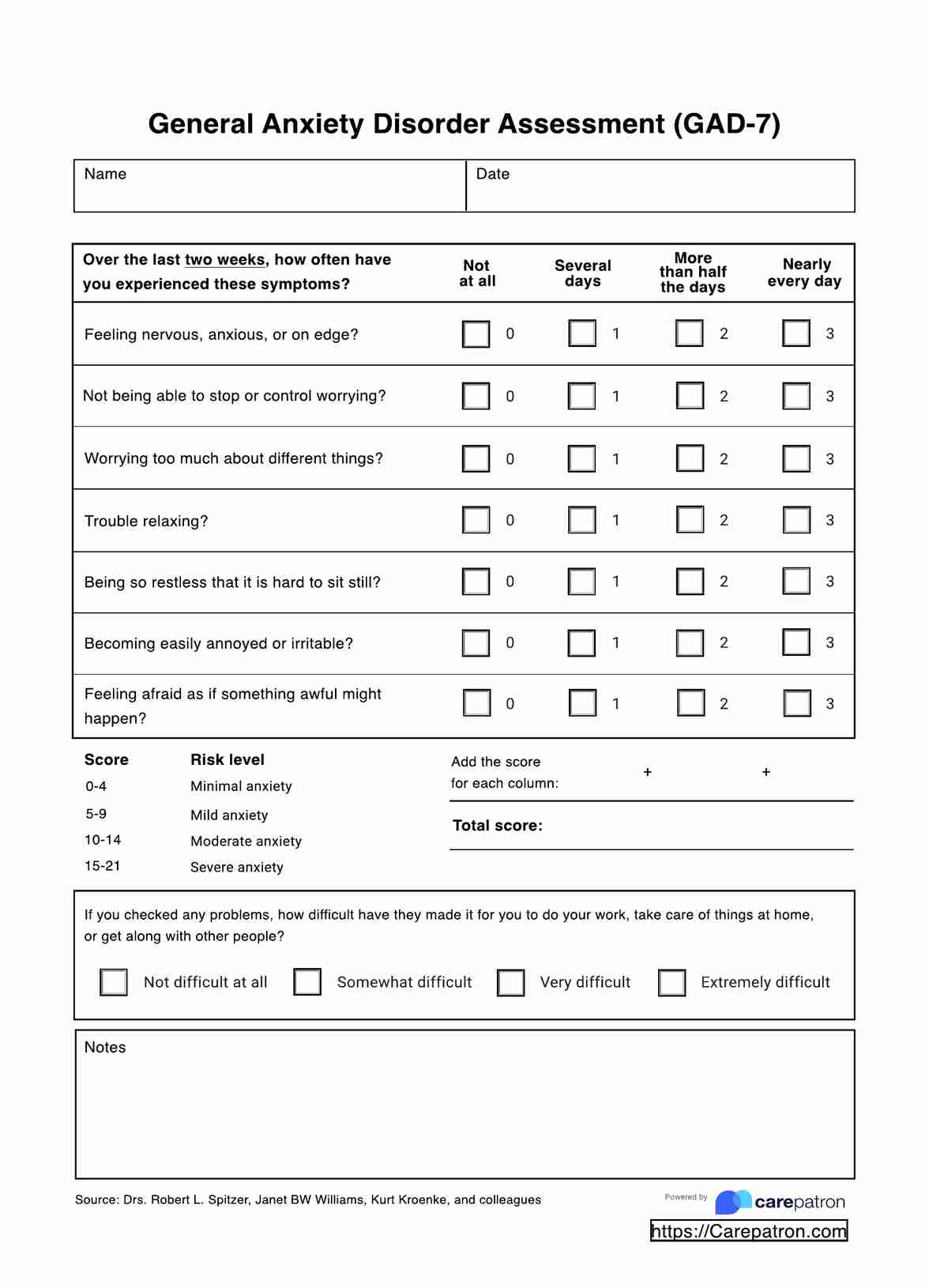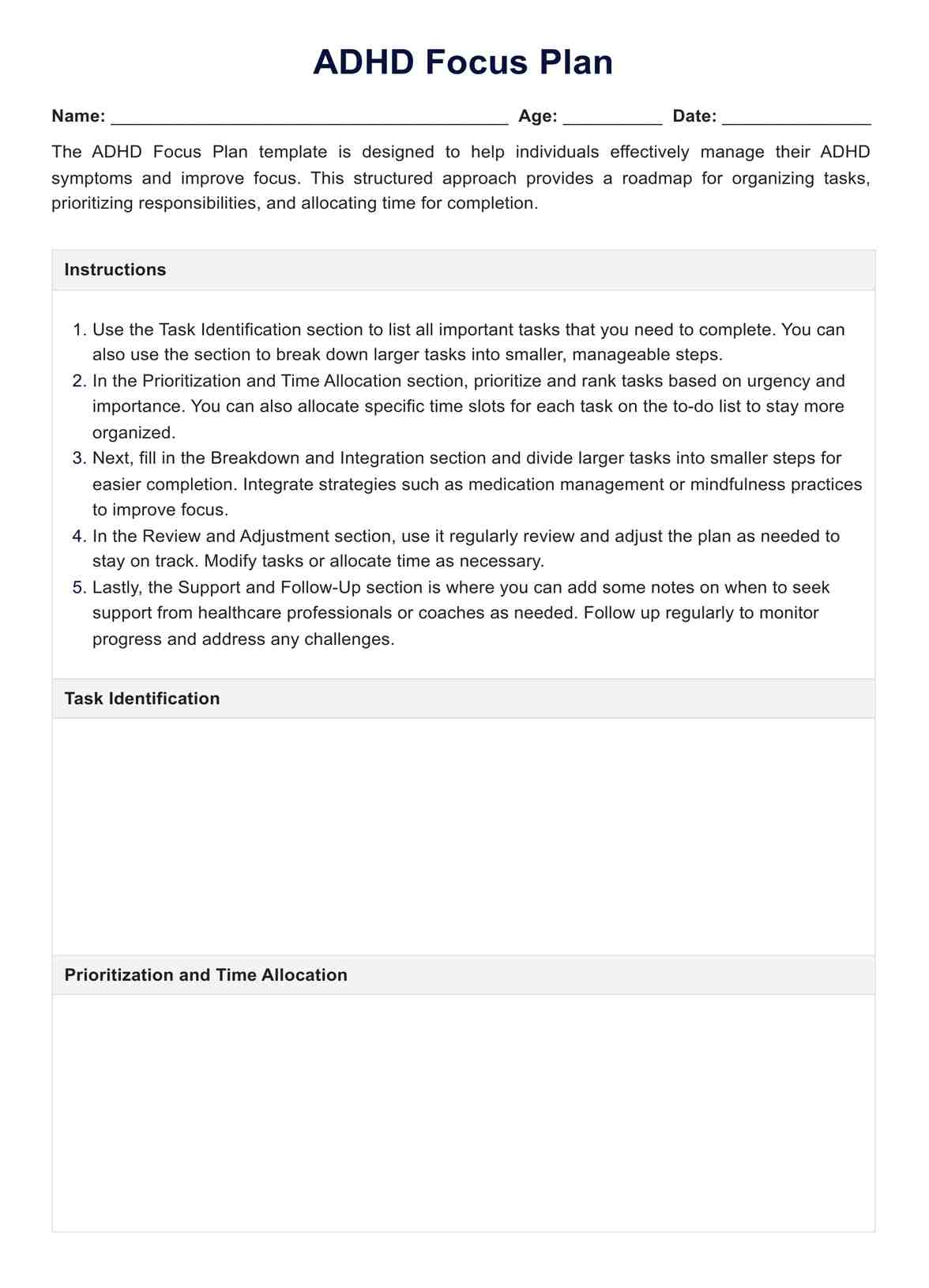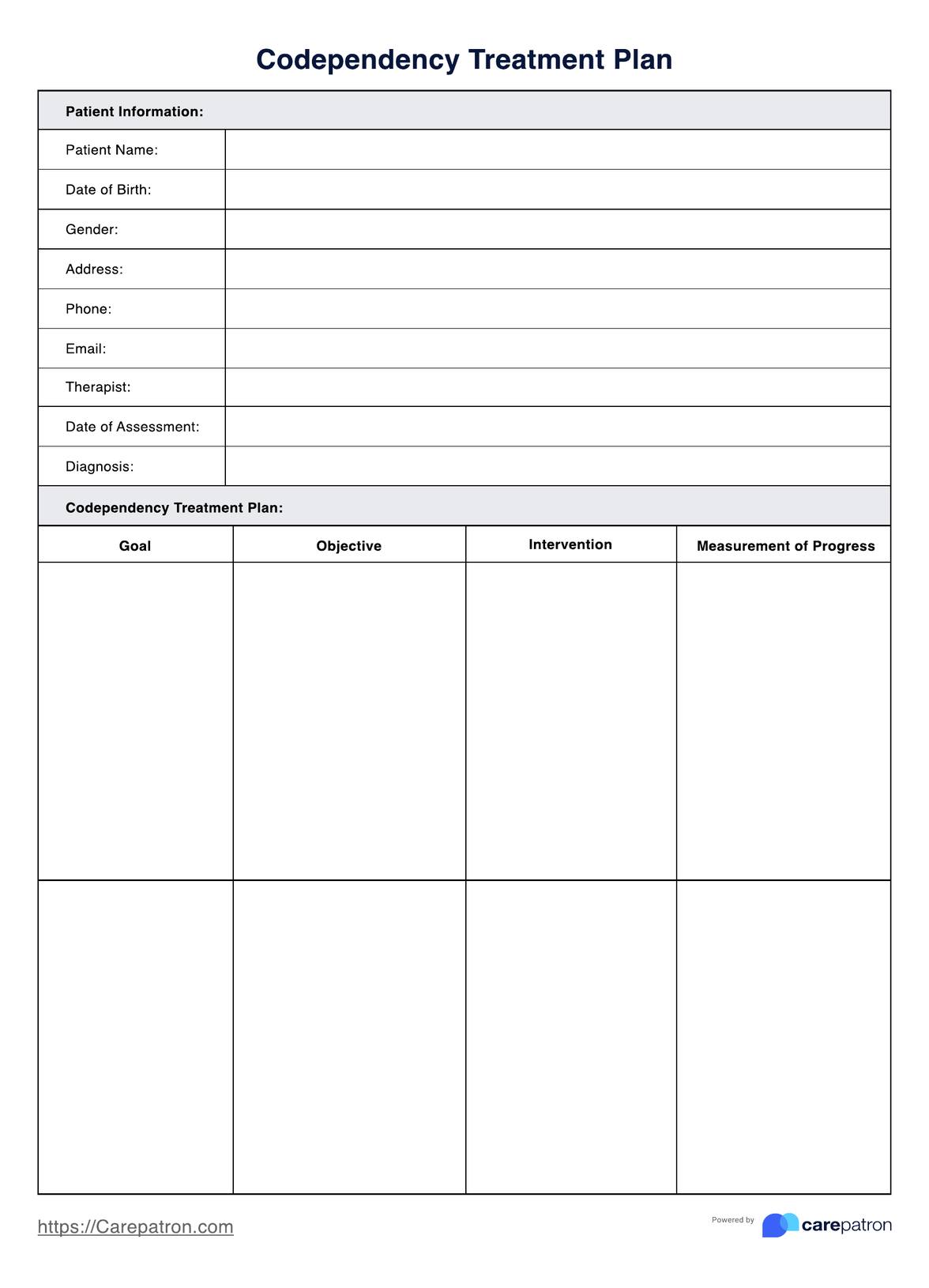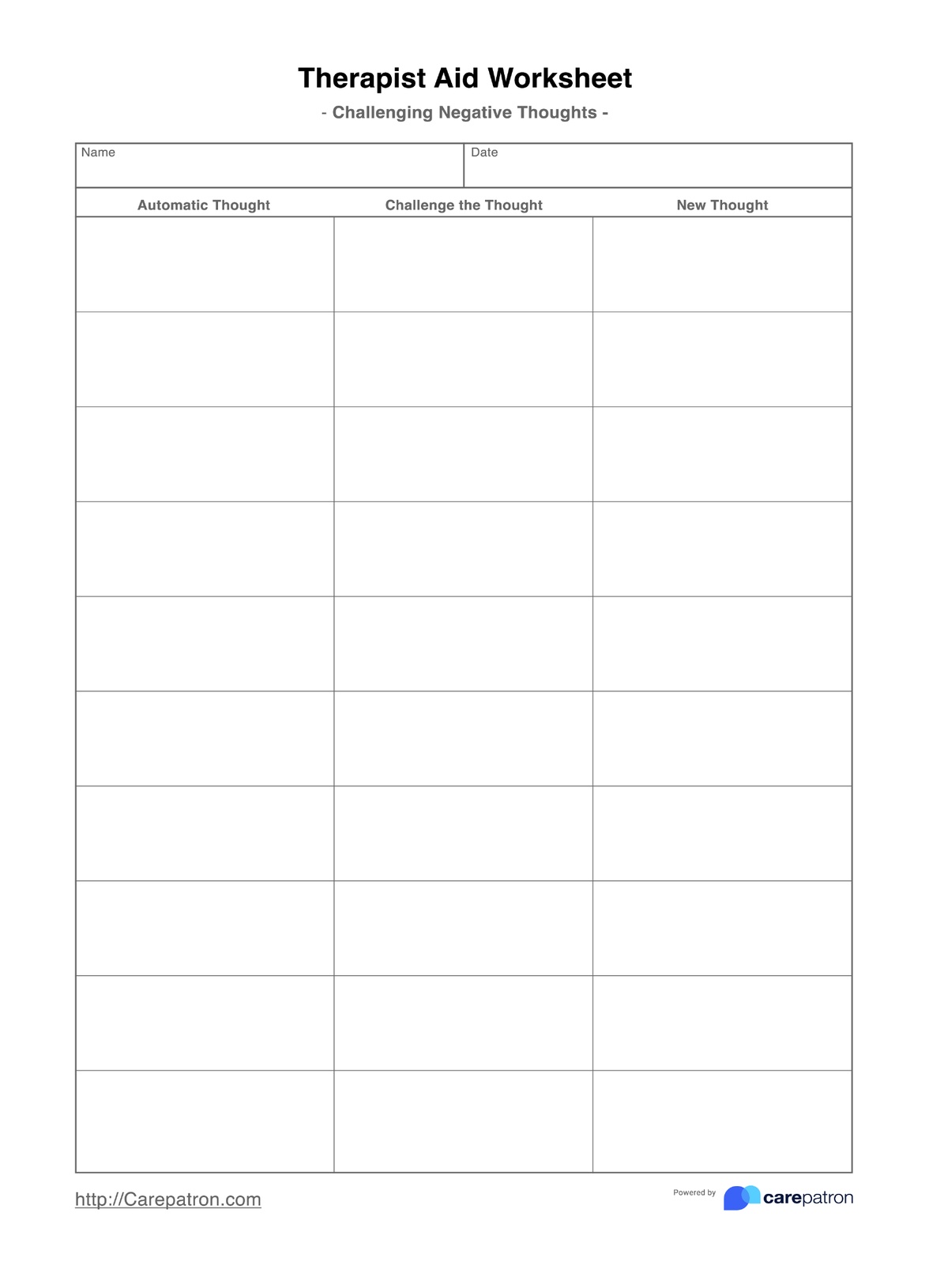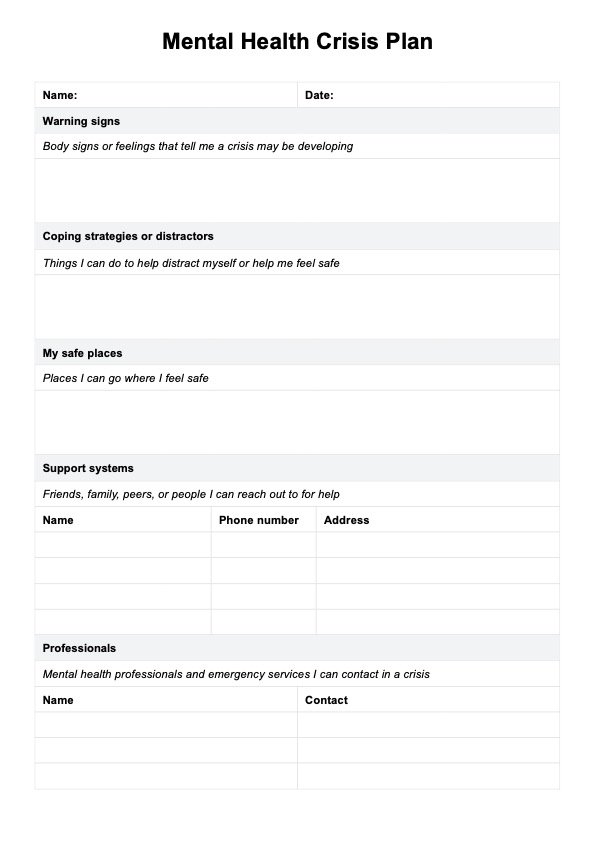Substance Abuse Worksheet
A practical and engaging substance abuse worksheet to help keep your patients involved with their care. Improve your organization, workflow, and achieve greater clinical outcomes.


What is a Substance Abuse Worksheet?
For mental health professionals, working with patients who are managing substance abuse can be a complex field of healthcare. For treatment plans to be effective, patients often need to be involved, interested, and determined in their recovery.
Navigating ways to guarantee this can sometimes be tricky. One of the best ways to encourage patients to remain engaged with their health is to provide them with activities to be completed in between sessions, including worksheets that can be distributed to patients to complete in their own time. They encourage patients to visualize their goals and focus on what they are aiming to achieve.
Combined with therapy sessions, these worksheets will enable patients experiencing substance abuse to work towards improved health, ultimately leading to positive clinical outcomes. Our Substance Abuse Worksheet is extremely easy to access, store, and distribute to patients. And it can be used for those dealing with drug addiction and alcohol abuse.
In this guide, we'll outline the steps involved with implementing the worksheet before highlighting some of its various uses and advantages. Let's get started!
Substance Abuse Worksheet Template
Substance Abuse Worksheet Example
How to Use This Substance Abuse Worksheet
Fortunately, using this substance abuse worksheet is very simple. In order to maximize its effectiveness with your patients, you just have to follow these steps:
Step One: Access and save the worksheet
Firstly, you need to access the worksheet. We’ve included the substance abuse worksheet example as well as a link to the document further down on this page. Clicking on the link will allow your device to open the worksheet in a PDF reader, and from here you can download and save it.
Step Two: Give the worksheet to patients
If you are treating a patient who you think will benefit from using the worksheet, you should distribute the resource to them. Depending on both your and your patient’s preferences, you can give them an electronic or physical copy of the worksheet. Giving them an electronic copy will allow them greater flexibility, as they can either complete the form online or print it out, and the same link can be used multiple times.
Step Three: Use the completed worksheet
After your patient has completed the substance abuse worksheet, you should encourage them to bring it into the next session. This will allow you to explore some of the issues or challenges they are being faced with, and you can adapt your treatment plan to acknowledge these where relevant.
Step Four: Store the worksheet securely
If you hold onto the patient’s completed substance abuse worksheets, you need to store them in a HIPAA-compliant manner. These documents contain confidential information regarding the patient’s personal details and medical history, so they should be stored somewhere that has effective safeguards in place.
Who Can Use this Printable Substance Abuse Worksheet (PDF)?
This worksheet resource has been designed to be primarily used by patients who are experiencing substance abuse. As I’m sure you know, the healthcare industry is extremely broad, and there are many healthcare practitioners who may treat patients with substance abuse. Some of these providers include:
- General Practitioners
- Mental Health Therapists
- Social Workers
- Drug and Alcohol Counselors
- Substance Abuse Therapists
- Psychologists
- Psychiatrists
Why is This Form Useful for Therapists?
Implementing this substance abuse worksheet into your practice will have a range of uses for both you and your patients. Some of these include:
- Improved organization: Figuring out ways to increase patient engagement while still operating a streamlined practice can occasionally be difficult. With our substance abuse worksheet, however, we take care of the organization for you. The template is already separated into the relevant sections, meaning you don’t have to worry about format or layout. All you have to do is access the worksheet and give it to your patients.
- Go paperless: While printing out the worksheet and giving your patients a physical copy is definitely an option, we recommend using the template electronically. This will help your business go paperless, which not only has a positive impact on the environment, but helps to reduce costs and workload for your practice.
- Saves time: The substance abuse worksheet will also help save you a lot of time. As you no longer have to worry about devising “homework” for your patients, and can instead quickly and easily access an effective template, you will likely find yourself with a bit of extra time.

Benefits of Substance Abuse Worksheet Template
In addition to having different uses, this substance abuse worksheet template is also guaranteed to contribute to a range of benefits. These will improve the workflow at your business, while also ensuring your patients are receiving the best quality of care available. Some benefits of the template include:
Engage patients in their own care
As we mentioned, engaging patients with substance abuse issues in their own care is an important component of achieving good clinical outcomes. With this worksheet, patients can stay focused in-between sessions. This allows them to visualize their own progress and identify specific areas that may require improvement. It also gives them a safe space where they can reflect on their goals and acknowledge any achievements, whether they are big or small.
Improve the treatment plan
With the information provided in the substance abuse worksheets, practitioners can amend treatment plans accordingly. This type of data is extremely useful, as it provides a direct insight into the patient’s day-to-day life, and demonstrates to the practitioner different areas that require greater focus. Treatment plans should be fluid and easily adjusted, particularly given how frequently the symptoms and experiences of patients fluctuate. Using data gathered from the patient is a fantastic way to ensure treatment plans are still working, increasing the likelihood of positive outcomes.
Automate workflow
Although the value of one-on-one sessions between a patient and practitioner should never be disputed or undermined, using these worksheets can be an effective way to automate workflow. Patients can continue focusing on their health outside of clinical sessions, and practitioners can feel reassured that their patients are continuing to prioritize treatment.
Track patient progress
The substance abuse worksheet isn’t primarily designed to assess patient progress, but it nevertheless enables a greater insight into how well patients are coping within their everyday lives. Practitioners can compare completed worksheets and identify where patients have made significant progress – and celebrating any achievement is a very important aspect of working with substance abuse patients.
Better clinical outcomes
Overall, these effects should contribute to better clinical outcomes. With patient-supplied data, improved workflow, and a better understanding of progress, practitioners will be able to develop a targeted and effective treatment plan. Finding ways to improve the likelihood of patients achieving their treatment goals is imperative to working in healthcare, and implementing this resource will enable this.
Commonly asked questions
This worksheet has been designed to be used by any patient that is experiencing substance abuse issues. Regardless of how significant the patient’s condition is, or how long they have been seeking treatment, this worksheet will have vast benefits – for both you and them.
The substance abuse worksheet should be completed by your patients. You can distribute the resource to them during a session or send them an electronic copy, and the patients can fill them in on their own time. It is a good idea to remind your patients to bring the completed worksheet to their next session, so you can collaboratively go through it together and decide on the next steps for the patient’s treatment plan.
This question is difficult to answer, as it is entirely dependent on the needs of the patient. That being said, the value of the worksheet shouldn’t decrease as the patient continues towards their treatment goals. However, if you notice that the patient isn’t improving noticeably or that the answers on their worksheets have remained similar for a period of time, you may decide it is not working as effectively anymore.


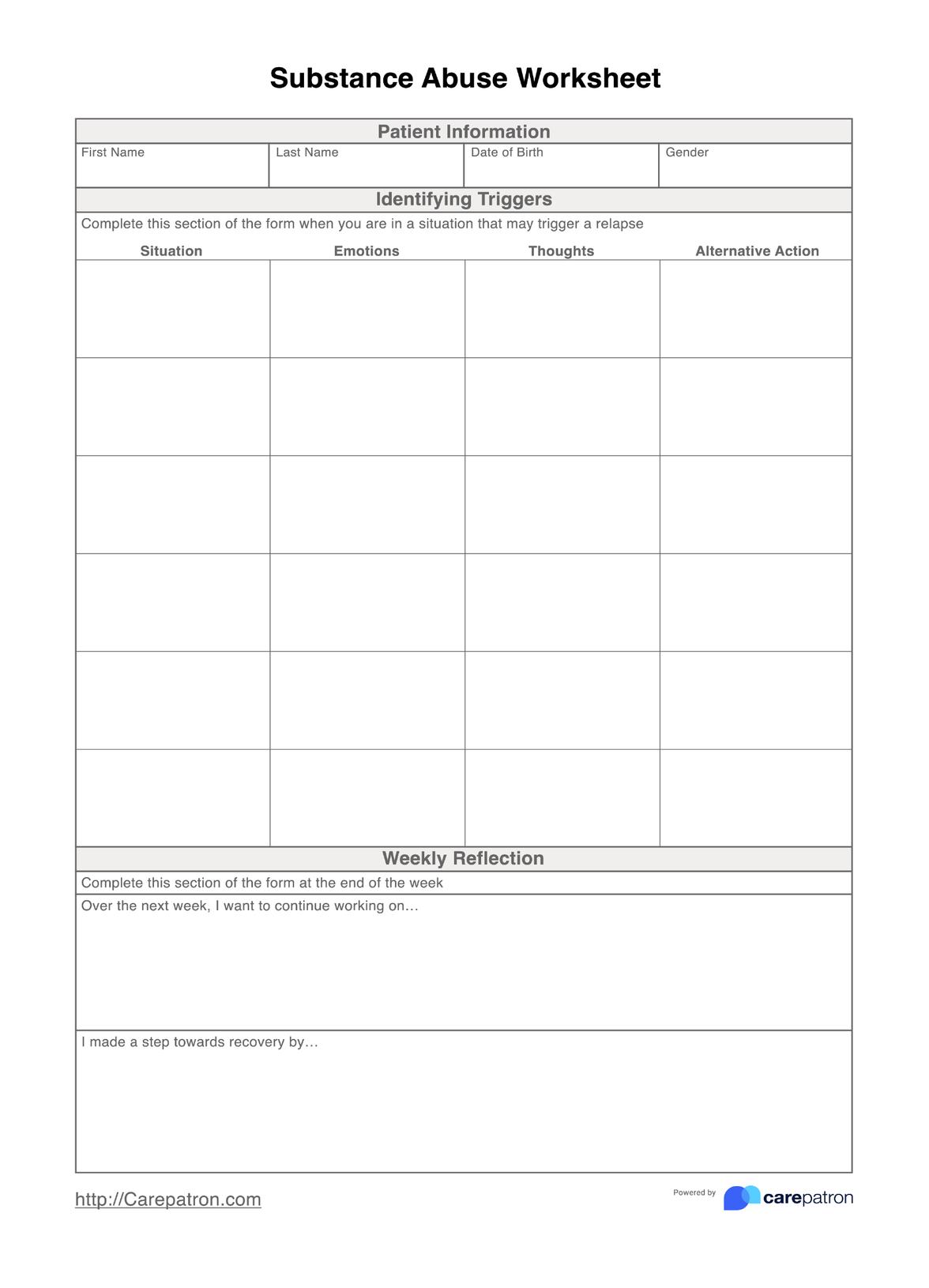
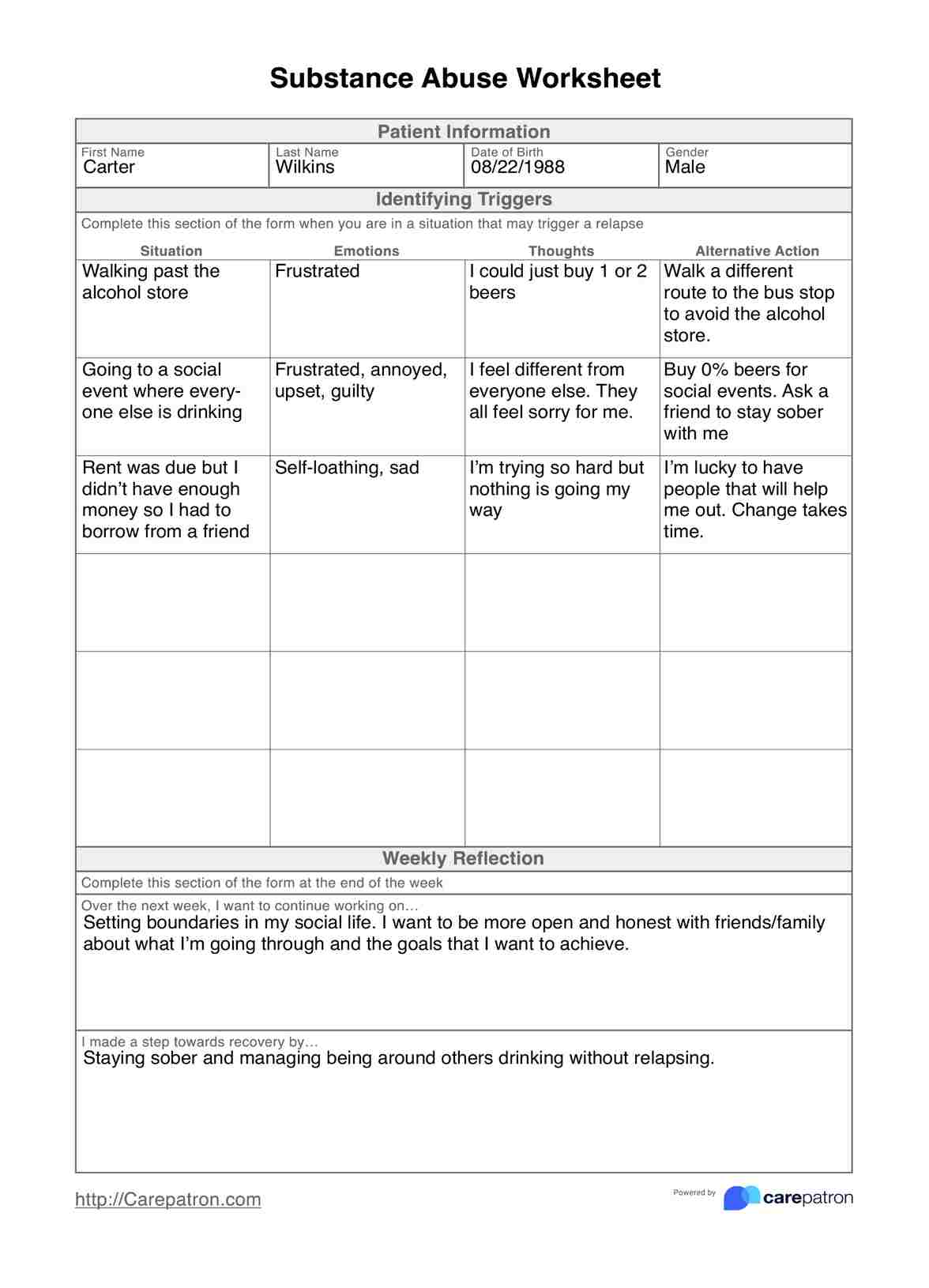

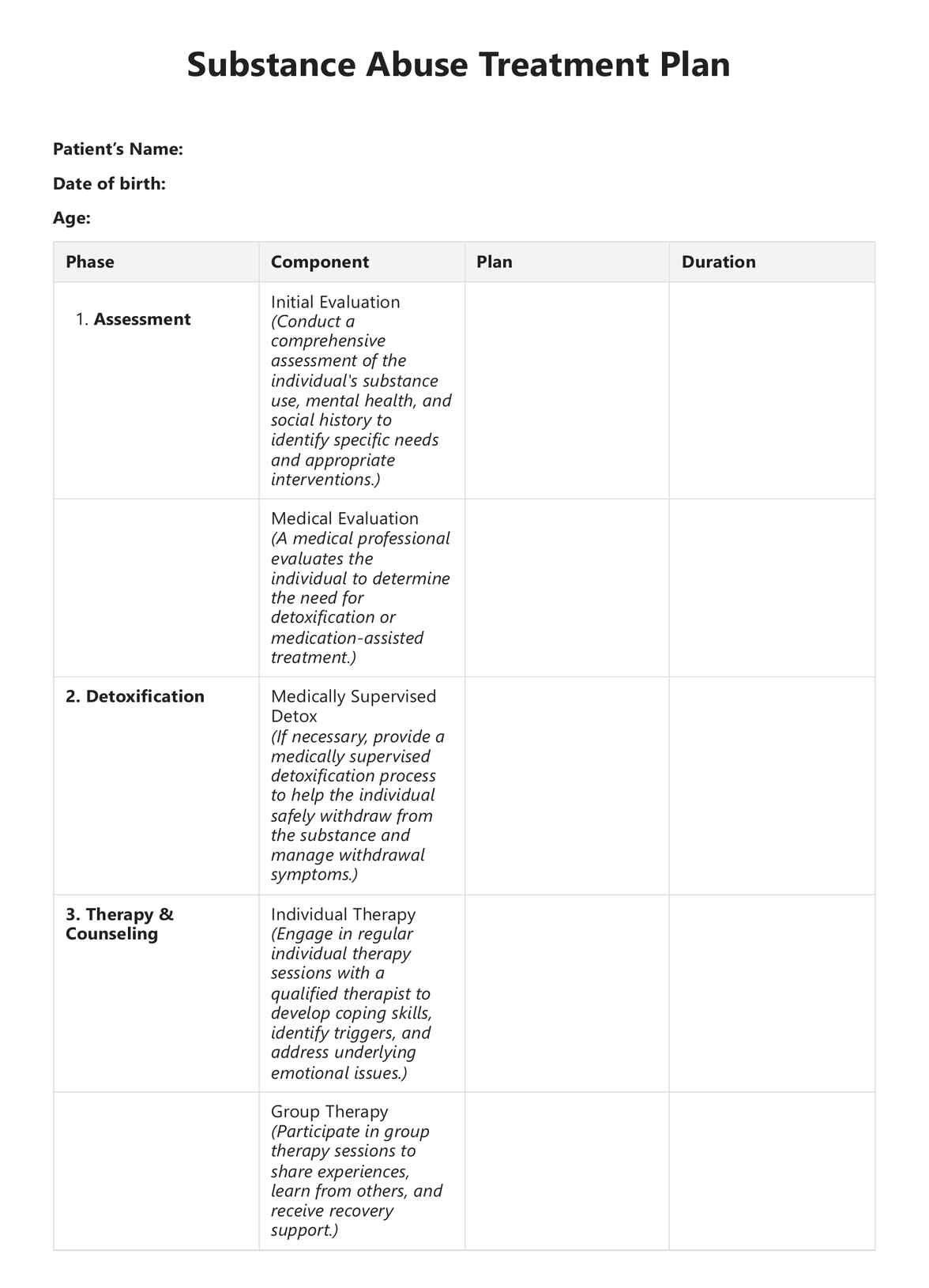
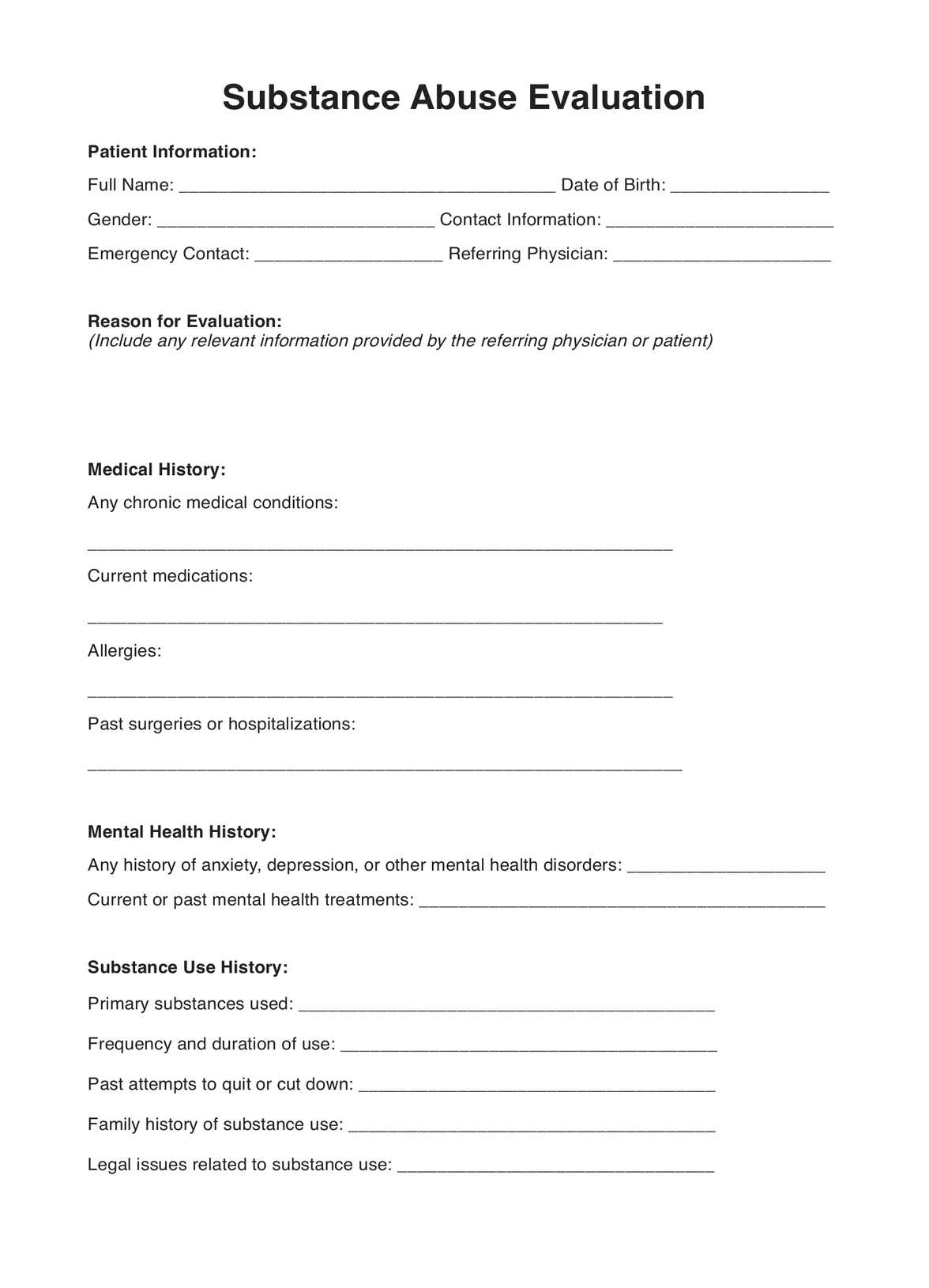
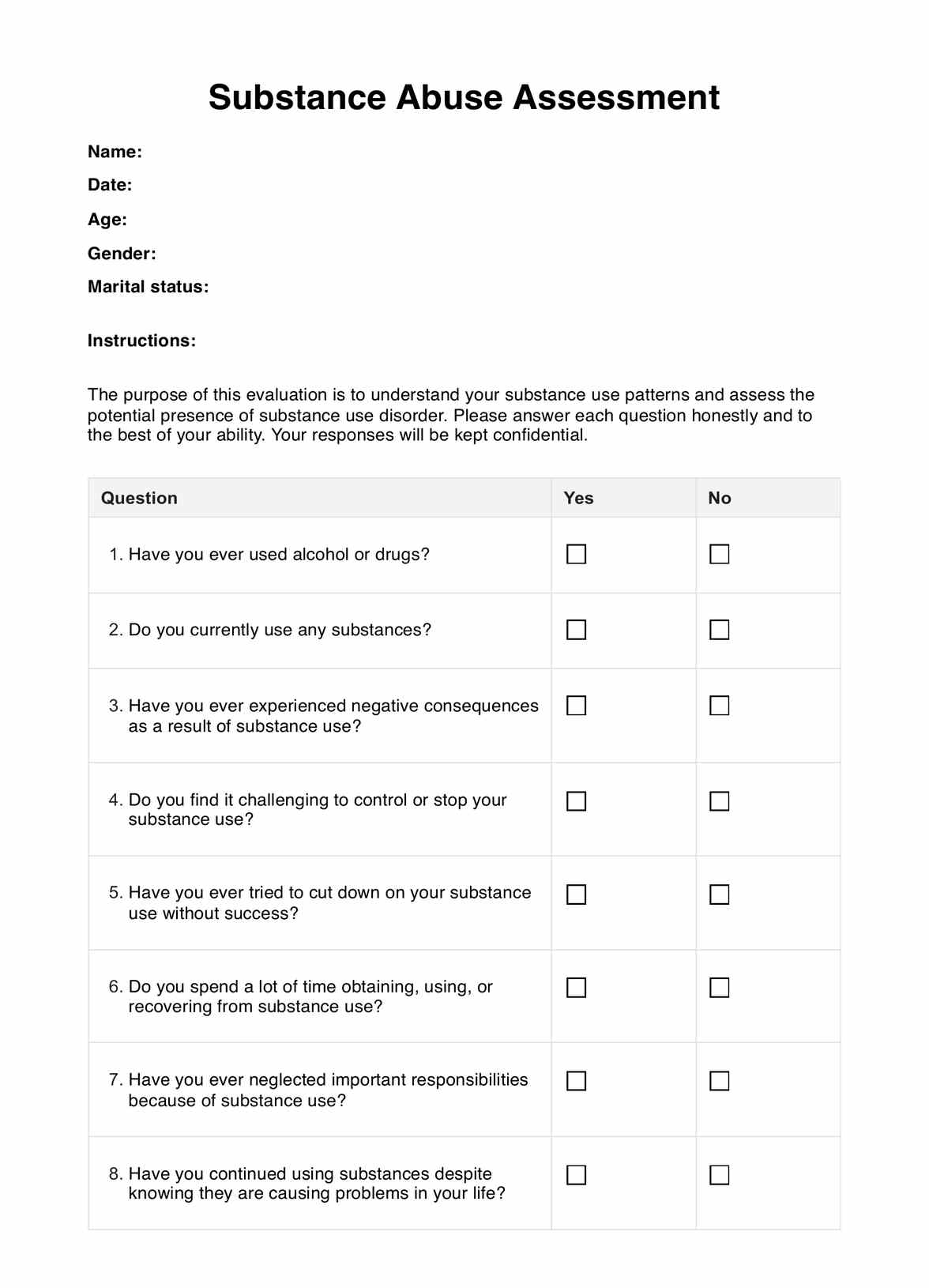

-template.jpg)


